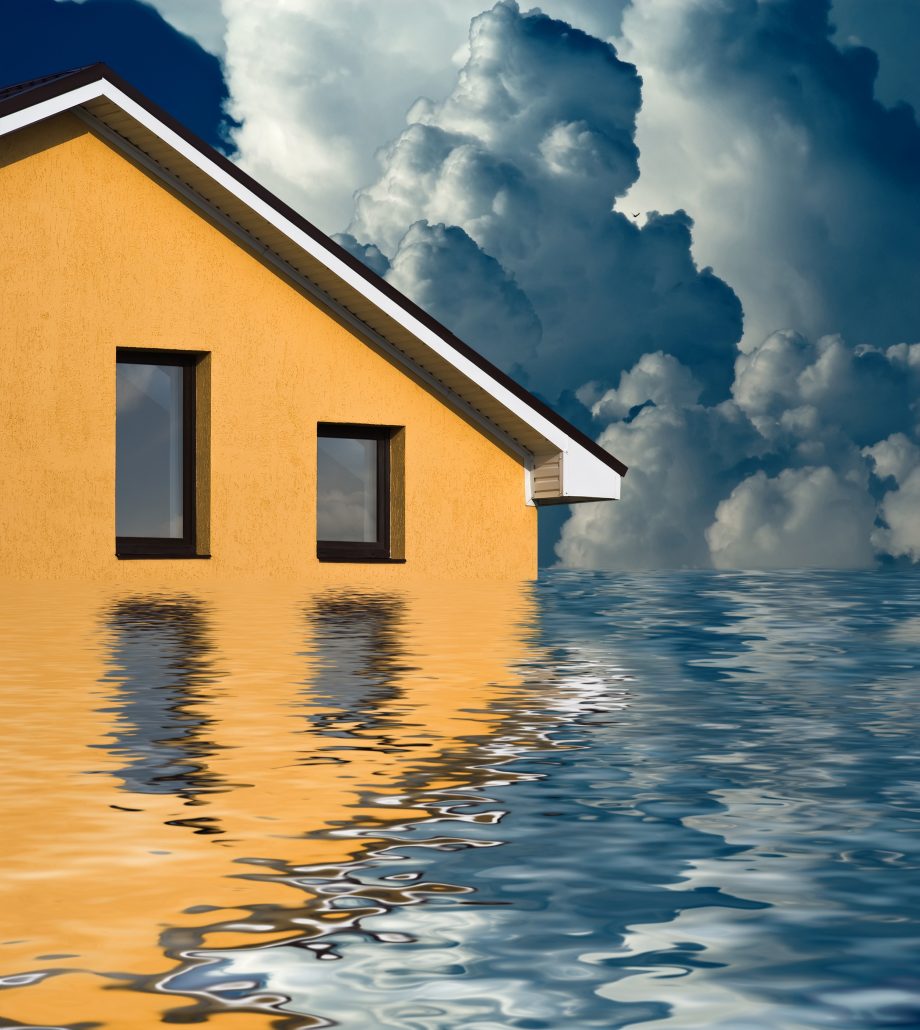What is a Relapse Prevention Plan in Addiction Recovery?

(This content is being used for illustrative purposes only; any person depicted in the content is a model)
Safe and effective treatment for drug and alcohol addiction is paramount to creating lasting transformation in the lives of those who are struggling. Providing powerful therapeutic resources with education and innovation makes a significant impact on those who have the opportunity for quality care. An essential part of this process is an active relapse prevention program.
Relapse prevention is a system that influences many aspects of individual recovery from addiction. So what is a relapse? And what makes a relapse prevention program so indispensable?
Relapse Prevention: What is Relapse?
First, let us look at the most basic definition or relapse. If we break it down a little we can better understand what it means and how it happens.
- In general– a relapse is to suffer deterioration after a period of improvement.
- With medicine– relapse is also referred to as recidivism or a return to a past condition.
- In the context of drug use (including alcohol) – relapse is a reinstatement of drug use and drug-seeking behavior. It is the recurrence of pathological drug use after a period of
So the common thread here is that a relapse is when someone:
- Experiences a period of improvement from a problem…
- Is healing from a previous condition…
- Has a period of abstinence, then they experience a recurrence of the initial problem/condition
With addiction, relapse means someone ends a period of improvement and falls back into drug-seeking behavior or even drug use. When you are recovering from a serious addiction, drinking or consuming a drug can sometimes be referred to as a “slip” but it is essentially a relapse. Many recovery advocates and experts are of the opinion that “recovery” means making improvements to behavior, not just abstinence. Therefore, they might say the “real relapse” actually starts when the behavior regresses to the old destructive or compulsive patterns. Some will warn you that you are in the process of a relapse without having used drugs.
Whether you believe the relapse is the behavior or the actual physical manifestation of using narcotic drugs or drinking, you can still see the real value in offering relapse prevention strategies to help avoid either circumstance.
Relapse Prevention: Knowing the Signs
The following are a few signs or behaviors that might indicate that someone may be in the process of a relapse.
-
Depression
When someone is experiencing low moods and lack of energy they might be in a state of depression. Other mental health disorders may begin to intensify and thoughts of suicide may also occur.
-
Exaggeration
Everyday difficulties that occur regularly become overwhelming. The most basic problems can’t seem to be solved.
-
Avoidance
The individual may begin to avoid social or personal activities they once enjoyed, isolating and ignoring their responsibilities.
-
Defensive
Someone in the stages of relapse may become irritable or even confrontational without reason.
-
Denial
The person may rationalize or minimize any attempt at acknowledging and addressing their behaviors.
-
Post-Acute Withdrawal
When Post-acute withdrawal syndrome (PAWS) sets in someone can be at a higher risk of relapse. They can have trouble with memory, emotional overreactions, and sleeping problems, become accident prone or overwhelmed by stress.
-
Lack of Control
Food, sex, caffeine, nicotine, work, gambling, or other activities become out of control. Their compulsive behaviors become consistent without thinking about the consequences.
-
Feeling of Immobilization
Immobilization is that feeling of desperation. People feel trapped and start to think that there is no way to solve their problems other than using or drinking.
-
Justification
When experiencing cravings someone may convince themselves the only way to feel better is to use or drink, and they try to justify it.
-
Abandoning Support System
If someone is in the stages of relapse they may begin to ignore their support systems. They might stop attending support groups, therapy or communicating with their sponsor or loved ones.
-
Chemical Loss of Control
In a relapse, someone recovering from addiction will eventually begin using drugs or alcohol again to solve problems, even if these problems are only being made worse by their use.
Any combination of these symptoms could mean that someone is headed towards a relapse. In some cases, they may have even relapsed already.
Relapse Prevention
Taking action before someone even comes close to a relapse can make all the difference between lasting recovery and dangerous regression. An effective drug and alcohol treatment plan will include a relapse prevention program in order to help people create a solid foundation from which they can build a sustainable recovery.
Education
Understanding the signs of relapse and the serious risks of going back to drug abuse can help someone who may be struggling in their recovery to stay grounded. It is more difficult for someone to know how to take action, and what kind of action to take if they don’t have an understanding of addiction. Palm Healthcare Company places tremendous value on the importance of education in relapse prevention.
PAWS Awareness
In respect to education about relapse, people should also be made aware of the difficulties they may experience with post-acute withdrawal syndrome (PAWS). When people can anticipate or at least understand the difficulty they may experience with PAWS, they can prepare themselves with healthy and preventative strategies.
Coping Skills
Relapse prevention programs should also teach each individual new coping skills to utilize in challenging times. When someone is struggling with their recovery, they should have resources available to them to keep themselves accountable. It is vital that people be taught new and productive methods for recognizing things that are bothering them and addressing them.
Self-Care
Another huge aspect of protecting yourself from relapse is to establish strong habits that keep you to be as mentally and physically healthy as possible. It can be regular exercise, better eating, social and personal relationships, or pursuing your passion or continuing your career. Find a way to care for yourself so that when your recovery is threatened you care enough about your life to protect it.
Continued Support
Having people that support you can make it easier to overcome adversity when it presents itself. When someone has to deal with their troubles alone they may not always see the whole picture; they may not see all the ways to address the issue. Having a support group or a therapist are just a few ways someone trying to recover from drugs or alcohol can make sure they have a safety net in place.
Palm Healthcare Company believes in helping each individual to create a personal plan for recovery that includes relapse prevention and continued support. Our facilities all emphasize the value of comprehensive education, awareness, coping skills, self-care, and aftercare. The solution to drug and alcohol addiction doesn’t end with eliminating the substance, that is only the beginning.
In the event of a relapse, getting the individual to go into an addiction treatment program can be the best way to help them before things get too bad. Getting them back on the road to recovery is crucial, and be sure to look for a program that has a comprehensive relapse prevention program.


